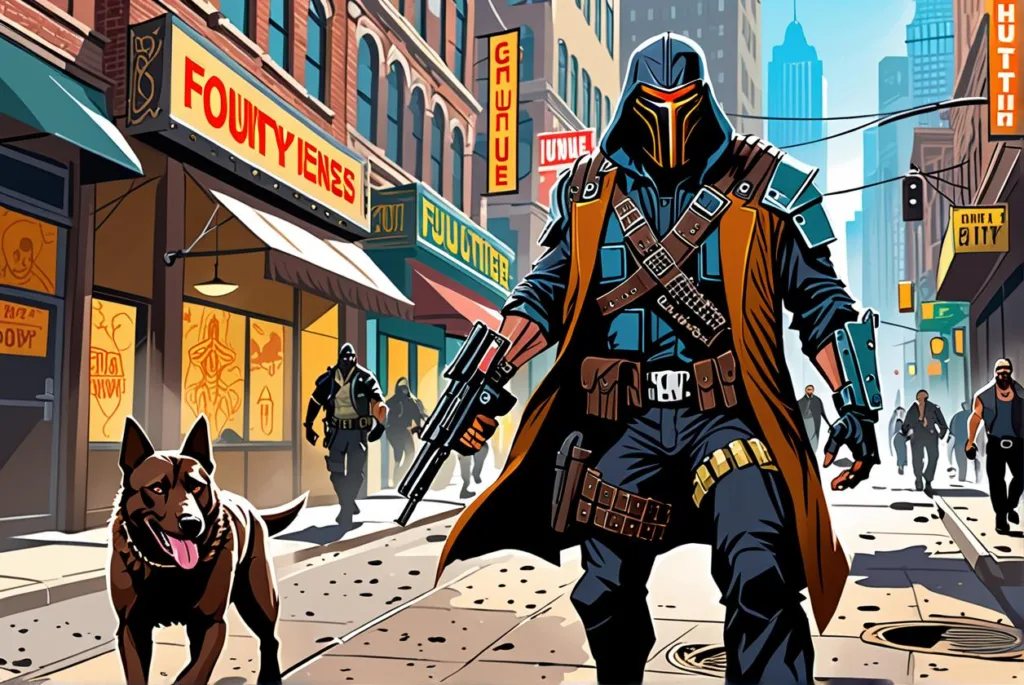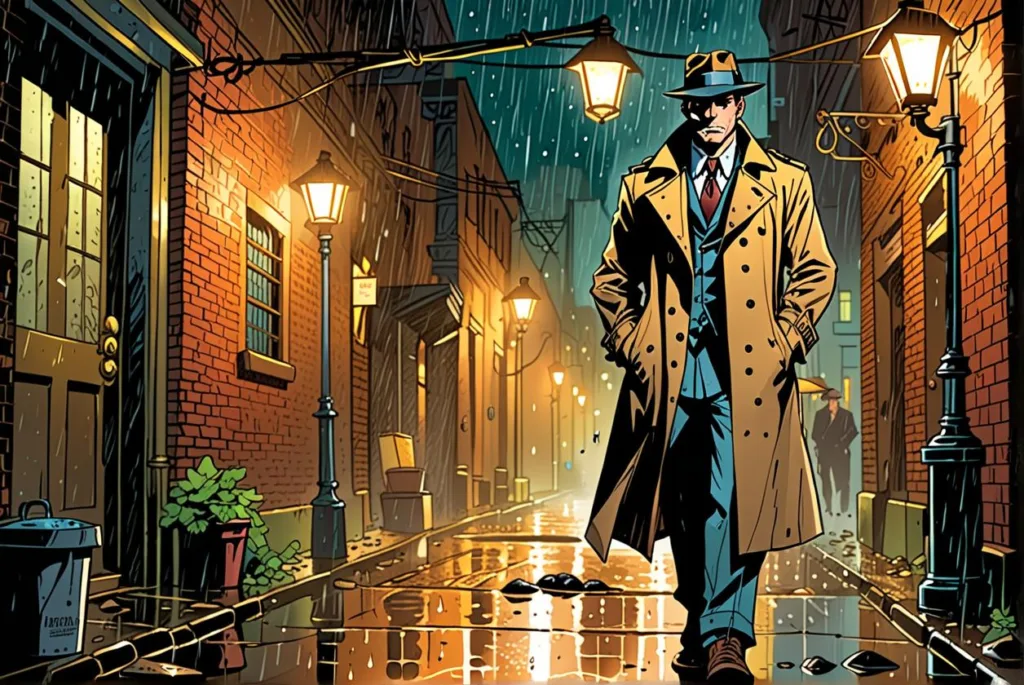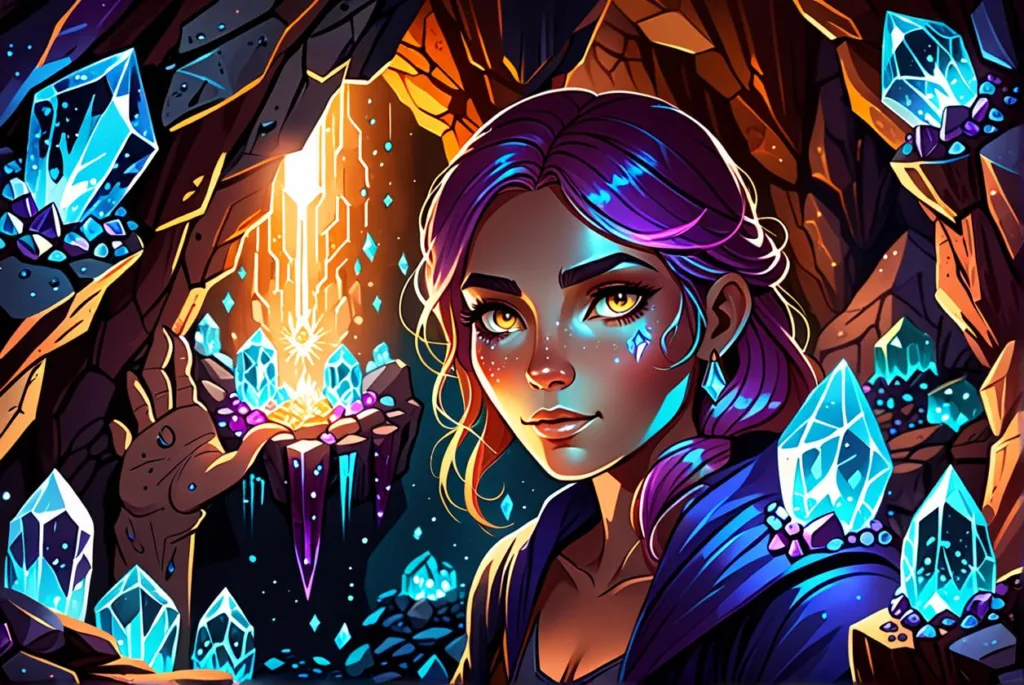5 Tips on Writing: With Cay Macres
I’m Cay Macres and I’m a narrative designer and writer. Most of my work is in interactive novel writing. I have also contributed to several independent game jams and have written two novels in my free time (despite the best efforts of my two cats to distract me).
Hooking Your Audience
Even if you aren’t writing a thriller or a murder mystery, it’s important to keep details of your story hidden from both your reader and your characters. Building suspense, omitting key facts, and revealing them at the right time creates effective tension. Unsolved questions are key to hooking your reader. Though you should have the answer to all of these questions, omission is important in writing. Keep your reader guessing, your characters in the dark… and then release that tension at the right moment. You can find the perfect time to do this by moving that moment around in your story. For example, if one of your characters is lying, the story changes drastically depending on when the truth comes out.
Mastering Plot Development
Starting out, your main character’s motivations should drive the story. Your plot should follow a path to solve questions your characters need answers to. This is the one area where omission will probably feel unsatisfying. If you have an underused character, prop, or Chekov’s gun waiting to be shot, make sure you use it! Nearing the end, you might be stuck with a couple problems that need to be tied up. Always try to poke holes in your own plot! Find all of the questions left hanging and the pieces of the puzzle that don’t fit with each other. Loose ends can often be tied up by weaving them together.

Effective World-Building Strategies
Whether you get carried away by world-building or are more character-focussed, a good way to approach world-building is to look at your world through your main character’s eyes. This means narrowing your scope, avoiding info dumps, and describing your world the way your character sees it. Again, omission is key. You should know the answer to most questions about your world, but your reader doesn’t need to. So, what is relevant to your character’s zoomed-in view?
If your character is a chef in a fantasy setting, it might be helpful to decide what fairytale creatures are morally okay to eat. If your character is a cyborg, how much does it cost to get an arm replaced? Will insurance cover that? Narrowing the scope of these questions makes your world feel more detailed and less overwhelming.
Techniques for Character Development
Knowing your characters inside-out will make them far more complex. Treat your characters like a new friend you’re getting to know. Answering the smallest, silliest questions about them can tell you more than you think. How would your character act when waking up after a surgery on laughing gas? What’s their favorite dessert? Reactions and opinions, even if they don’t have a huge effect on the plot, can show your reader who your character is without having to explicitly state it. Some of these details may not make it onto the page, but your reader will be able to tell which characters are your best friends and who you’ve just become acquainted with.
Crafting Meaningful Decisions

As a writer for interactive fiction, I’ve learned that choices are all about reader or player engagement. Choices should have an impact on the story and give your player agency. Decisions are way more satisfying when they lead to tangible consequences, both good and bad. The cause and effect should be clear. It’s also important to balance your options so that each choice is equally enticing. You want your player to wonder what they missed by choosing a certain path over another, but you don’t want them to be unsatisfied with the outcome of their decision.
What are your strengths in writing and narrative design?
I pride myself on my dynamic dialogue. I love writing conversations that include a lot of personality, humor, and sincerity. For me, dialogue and character relationships drive the stories that I write. Loving dialogue and using it to explore my characters means I also have a knack for creating distinct and compelling characters. To be a writer requires a certain amount of acting, even if it’s in your head rather than on a stage. I find it natural for me to play out scenes in my head to figure out natural, fitting dialogue and actions for each of my characters. Another strength of mine is knowing exactly what information to hold from my reader to retain their interest.
Exploring Favorites
I absolutely love Howl’s Moving Castle and think it’s the perfect example of how a world can feel vivid without explicitly explaining much about how it works. Sofie’s alarmingly level-headed reaction to being put under a curse shows us how magic is integrated into the world. The movie focuses on domestic scenes with charming dialogue that immerses the audience into the setting, slowly building up smaller details that make the entire world make sense.

Which games or stories have you worked on?
One of my roles in the game industry was as a contract writer for Pixelberry Studios’ interactive story platform, StoryLoom. While working for Pixelberry, I wrote fantasy, sci fi, and paranormal titles. In this role I learned a lot about game design and the importance of creating compelling choices. Currently, I am working with Choice of Games on an upcoming interactive novel. In my free time, I have worked on a variety of game jams, often doing the dialogue and narrative design. I also love writing short stories and have been published in Every Day Fiction.
A Wish for Interactive Audio Stories
Continuing the story of the Portal games would be my first choice, mainly because I absolutely love the characters and their dark, but hilarious dialogue. I also really want to know more about the strange world beyond the Aperture Laboratories.
Register for our Free Writing Workshop now!
If you are interested in creating your own interactive audio story, you can apply for our free webinar! It will introduce you to our interactive story game engine, TWIST, and teach you how to use it to create interactive audio stories.
Interested in contributing to our blog series?
If you would also like to publish a blog post on our website and share your own story with interested readers, simply fill out the contact form.





